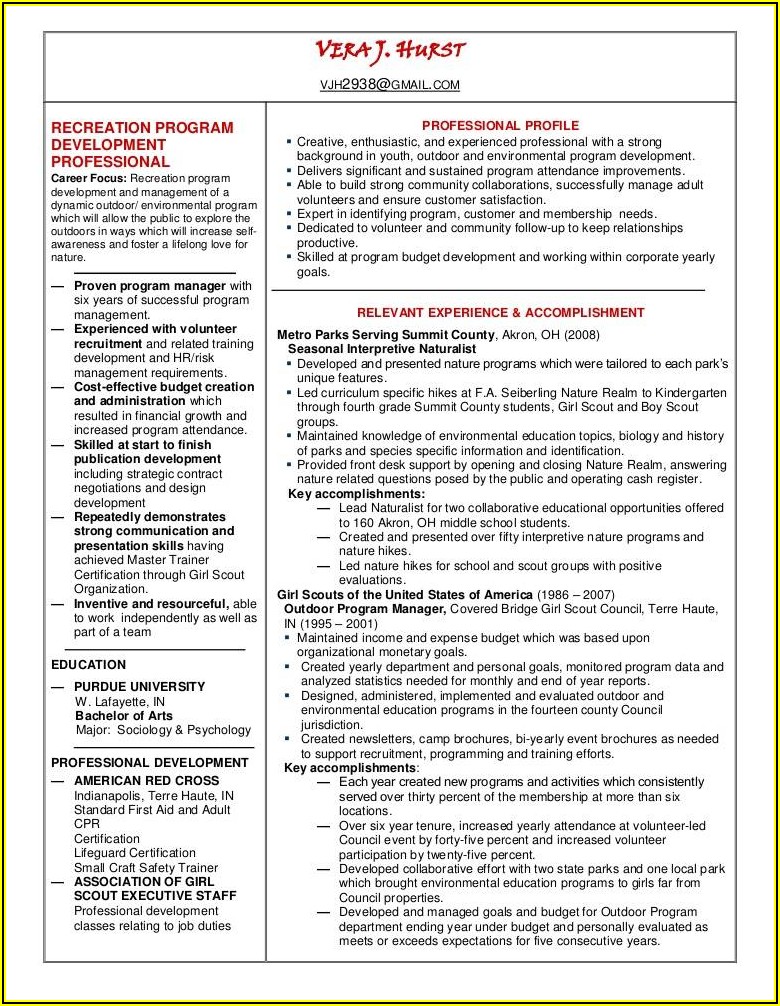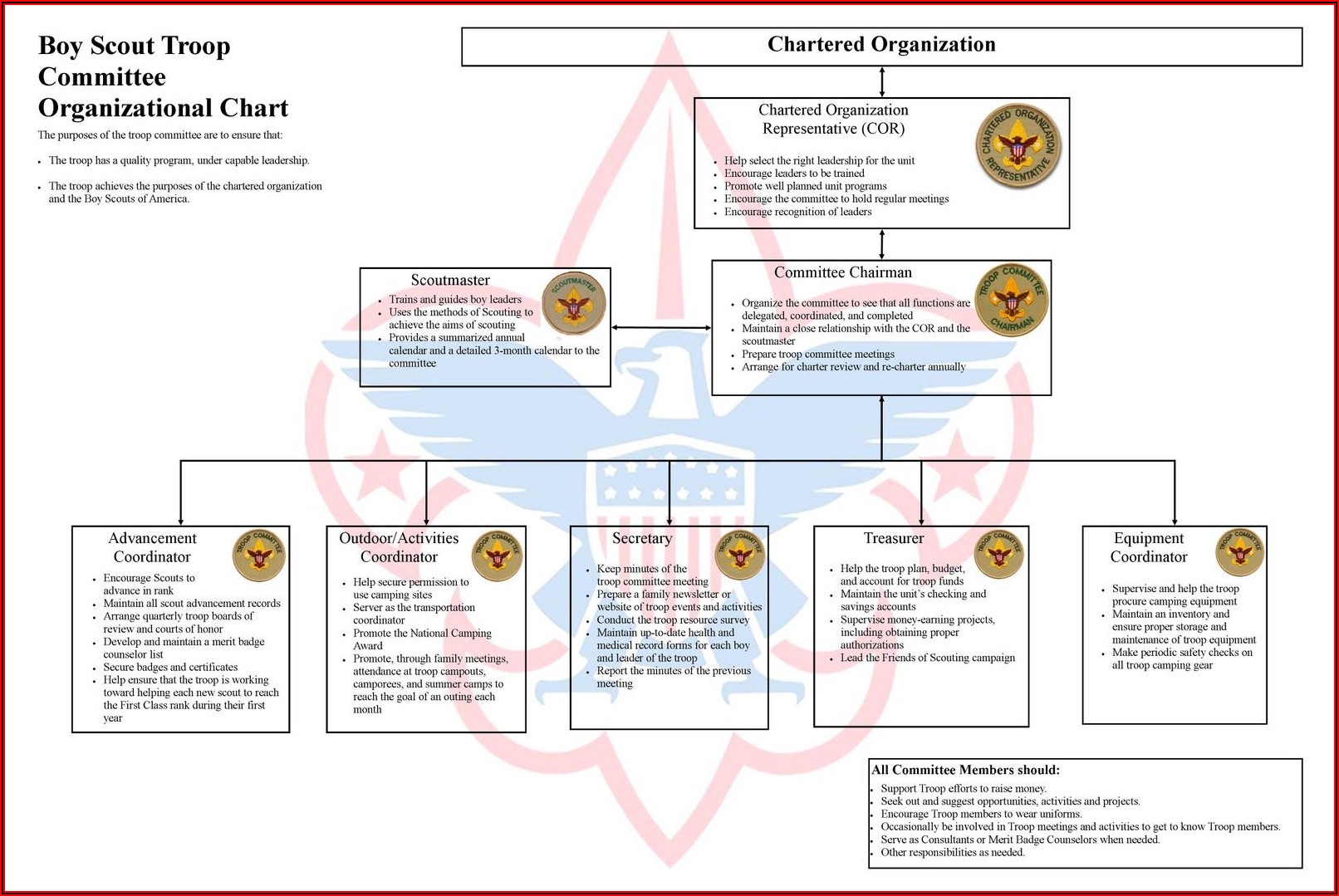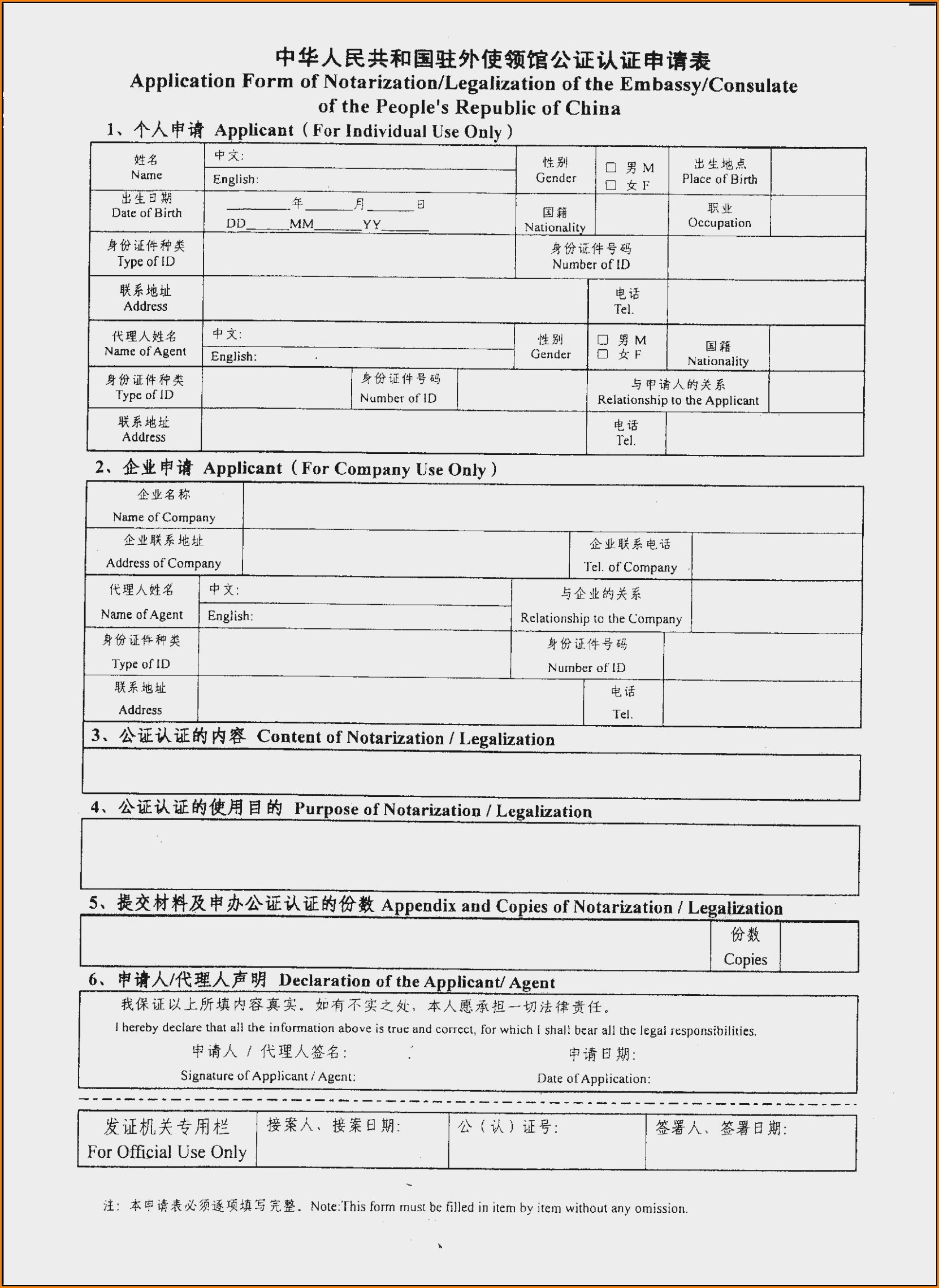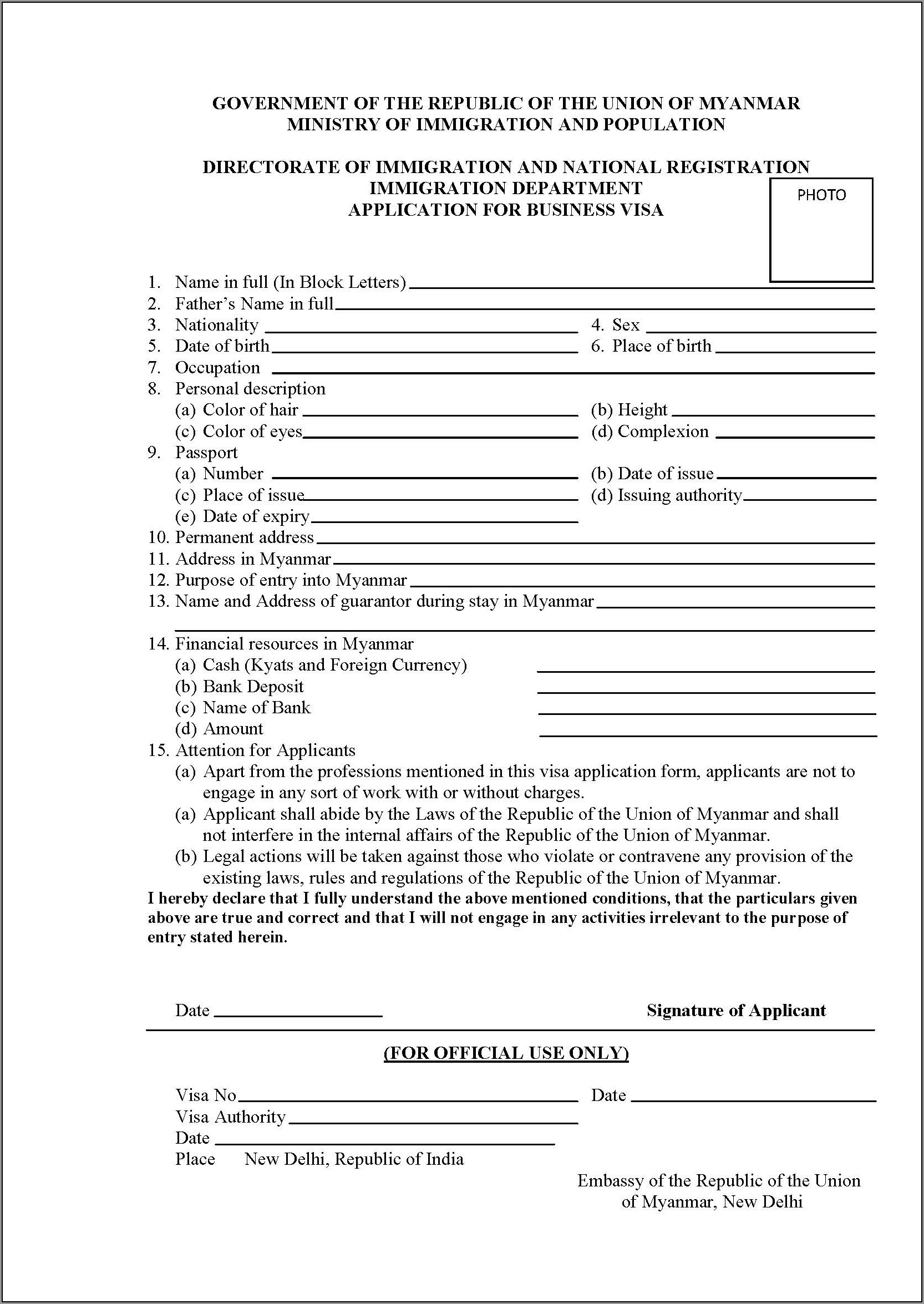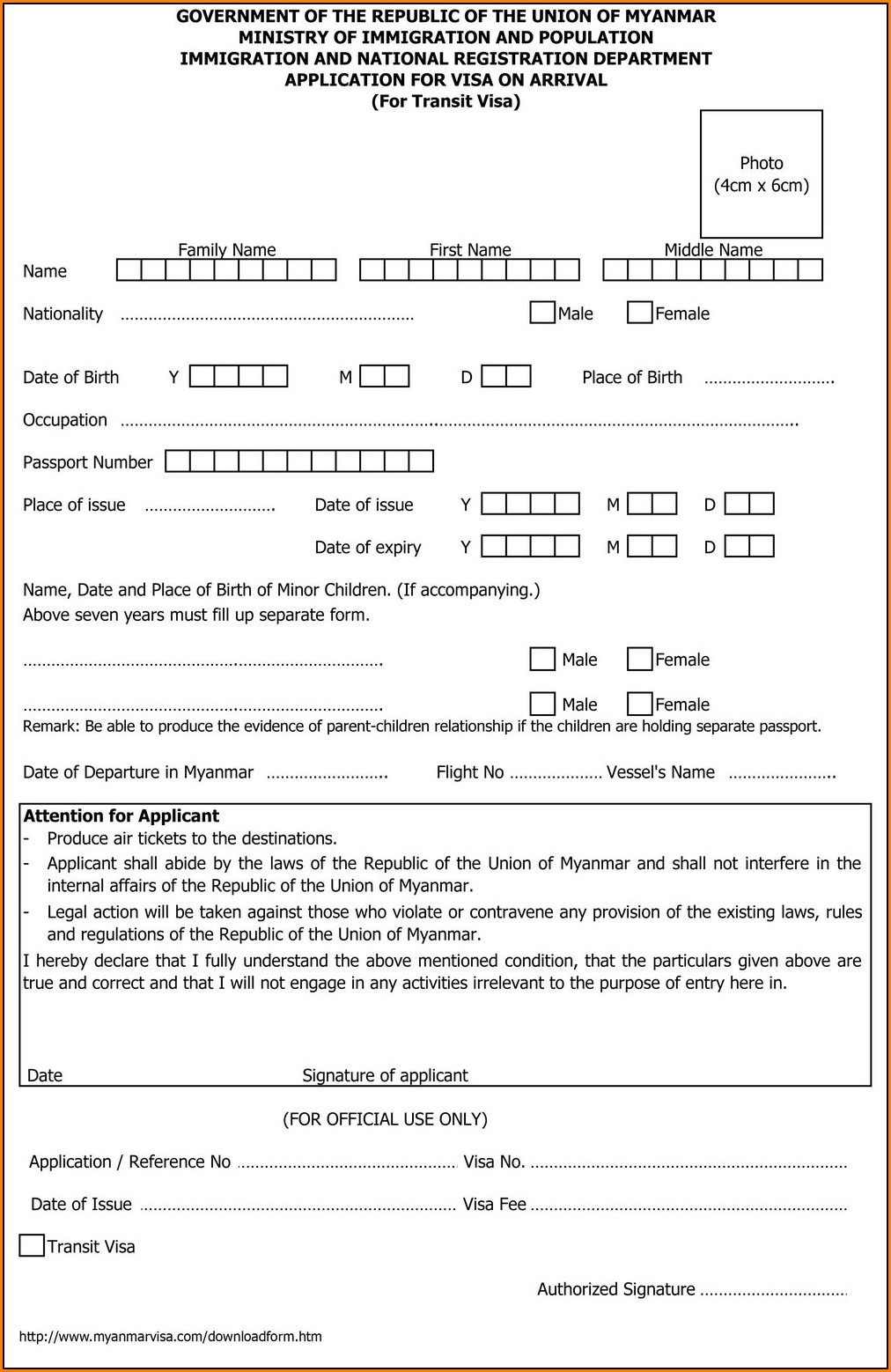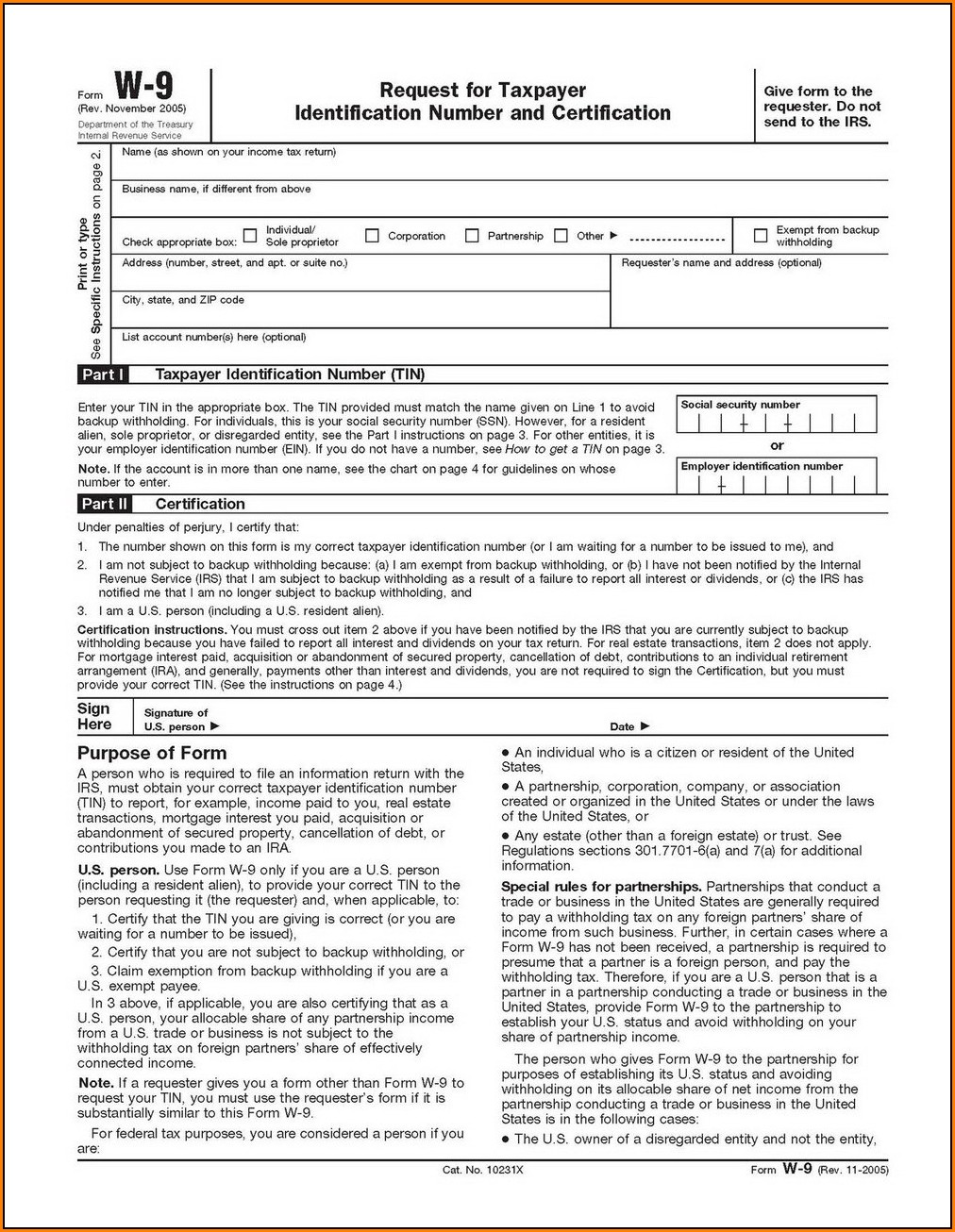
Nothing is more wasteful than a leader who isn’t aware of his/her priorities. I believe that every person has the desire and need to lead. Every person has the potential to be a leader. Some people are very skilled at using clever excuses to stop or suppress their potential leadership. These are some of the reasons I discussed in an earlier article. You are now a leader within your team. Let me help you understand your priorities. Mixing priorities can lead to undesirable results that are contrary to organizational direction and thrust. Here are the Top 10 Priorities that you should keep close to your heart.
1. Motivate and inspire your team
They should be motivated and energized to complete the task at hand. Recognize and reward good performance. Encourage healthy competition. Trust and transparency are key to building a team that is strong. John doesn’t have to be a motivational speaker. You can simply say “Hey John! I have seen your diligence. I see that you go the extra mile. I am giving to you Friday time to spend with your family.” It’s a simple gesture that will bring you amazing results.
2. Delegate; do not abdicate
Don’t try to do everything by yourself. A spinal disorder is something you cannot manage. Because there are others behind you, you are called a leader. Your responsibility is broken down into manageable pieces by your followers. They are not there to impress or show off your power. Make it clear to your subordinates what authority you give them. You are responsible for the outcome of their actions if they have authority.
3. Communicate and communicate over
Sometimes, a team may have a different view of the Vision and goals, expectations, values, or both. If there is no vision, people will assume and hold their own opinions and views. Encourage people to work together towards a common vision. Poor communication skills will make it difficult for leaders to achieve their goals. In this Information age, there are many more ways and means to communicate than ever before. You can communicate creatively without boring others.
4. Training and leadership development
To avoid any yawning gaps after a leader leaves, a good leader will always mentor and develop the leaders below. Instill a culture that encourages every leader to succeed. This will make the organization strong because everyone understands they are being set up for success as leaders. When the time comes, people don’t panic and wonder who to replace them.
5. Be a model of integrity and character
Not necessarily what you say, but your character is what followers learn. You should not be surprised if your team follows you if you arrive late at work. They follow the example of their masters. Do not believe the old saying “Do as I say, but as I do”. You can’t blame them. They will always do what you say. It makes perfect sense.
6. Mobilize financial and human resources
Financial and human- You are the leader who hires the people you want. Know your team’s intellectual and skill gaps. Do not just look for people who act and think like you. Look for people who think and know differently. Each member of the team must complement each other. Avoid duplications. You are responsible for ensuring that your team raises enough funds to support itself and the other departments or organizations. You must mobilize every day. Leaders who are resourceful gain the respect of their followers. They trust you.
7. Followers of you should be protected
You are responsible for protecting your team members from outsiders. If they try to correct, rebuke or correct others in your team, it can cause serious damage. Your relationship with your leaders must be corrected. Outsiders are not allowed to assess the extent of damage caused by their words. Your time will be wasted trying to heal the wounds of your soldiers. You lose them and your time is wasted doing other core business if you don’t protect them. Everyone wants security, no matter what position they are in or which team they work for.
8. Personal Growth and Development
You must be a leader. You must have the ability to share what you’ve learned with others. You will not be able to keep up with changing trends and hinder organizational success, success, and excellence. Tomorrow’s “wow” will be familiar territory. Your team will be able to create new “wows”. Find the latest information, gadgets, and methods to improve your trade.
9. Plan and strategize
You need to improve your strategy and planning skills as a leader. You don’t have to worry about operational issues all the times. While you can be hands-on with your teams, you have a wider view of the entire department or ministry. You can track the impact and progress you make by reviewing your achievements against established strategy and objectives. Chaos reigns when there is no strategy. Excellence hides away or feigns absence when there is no plan.
10. Discipline and Order
All must be done in a professional and orderly manner. The system is to be followed. No shortcuts. You have the responsibility as a leader to make sure your followers are disciplined and take full responsibility for their actions. To ensure that others learn from someone who has violated the code of conduct they must take the appropriate action. It is expected that employees behave professionally. Refer to my article on Office etiquette. You must take corrective action, just as a parent would use a rod to make a child foolish.
